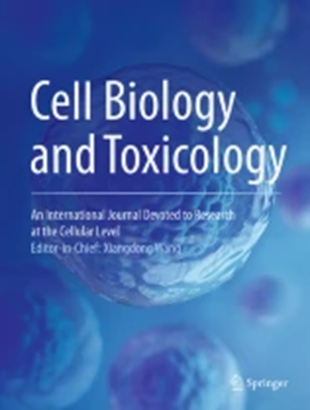A preliminary study: the anti-proliferation effect of salidroside on different human cancer cell lines.
Abstract
Salidroside (p-hydroxyphenethyl-beta-d-glucoside), which is present in all species of the genus Rhodiola, has been reported to have a broad spectrum of pharmacological properties. The present study, for the first time, focused on evaluating the effects of the purified salidroside on the proliferation of various human cancer cell lines derived from different tissues, and further investigating its possible molecular mechanisms. Cell viability assay and [(3)H] thymidine incorporation were used to evaluate the cytotoxic effects of salidroside on cancer cell lines, and flow cytometry analyzed the change of cell cycle distribution induced by salidroside. Western immunoblotting further studied the expression changes of cyclins (cyclin D1 and cyclin B1), cyclin-dependent kinases (CDK4 and Cdc2), and cyclin-dependent kinase inhibitors (p21(Cip1) and p27(Kip1)). The results showed that salidroside inhibited the growth of various human cancer cell lines in concentration- and time-dependent manners, and the sensitivity to salidroside was different in those cancer cell lines. Salidroside could cause G1-phase or G2-phase arrest in different cancer cell lines, meanwhile, salidroside resulted in a decrease of CDK4, cyclin D1, cyclin B1 and Cdc2, and upregulated the levels of p27(Kip1) and p21(Cip1). Taken together, salidroside could inhibit the growth of cancer cells by modulating CDK4-cyclin D1 pathway for G1-phase arrest and/or modulating the Cdc2-cyclin B1 pathway for G2-phase arrest.





